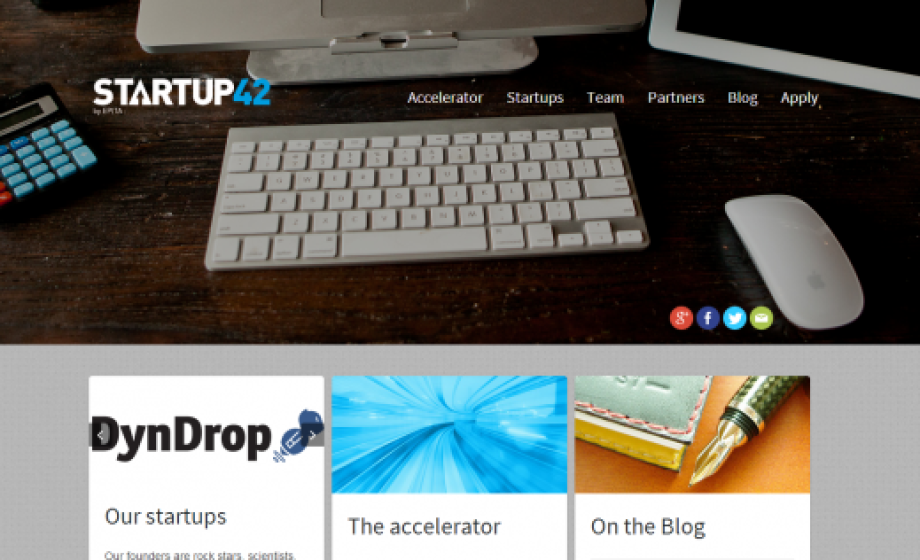
Paris-based accelerator Startup42 announced this week that it has joined the Global Accelerator Network, a private network of accelerators run by TechStars, an American accelerator with presence in several cities in the US as well as London. To date, the network spans 6 continents, 63 cities & includes 50 accelerators, and all accelerators are held up to the same standards that Techstars holds itself.
Startup42 is the first French accelerator to join the ranks of the Global Accelerator Network. The accelerator, based on the southern tip of Paris, was created by EPITA, an engineering school founded in 1975 by the Ionis Groupe, which also runs EPITECH, a school for programmers, and Sup’Internet, a school for e-Business students. While I am not normally a fan of school-run accelerators, a recent visit to the schools altered my perception, as they are quite unconventional in comparison to other schools in France. Though the accelerator is funded by EPITA, it is open to all startups, and only a portion of Startup42’s first class had founders who were students at EPITA.
Joining GAN will bring transparency to Startup42 – its profile on GAN already provides information on the accelerator that no other accelerator in France provides – under 20% of Startup42 startups have been funded, less than $1M in total raised for the startups, 1-2 companies have exited, 40-60 available mentors – these are all stats that Techstars encourages all accelerators to provide, regardless of their membership in GAN, and it is something that all GAN members are required to provide.
I hope to see more transparency encouraged in the European Tech ecosystem as networks like these become the norms. Vague fundraising announcements, lack of clarity around accelerator performance, and VC deal term transparency are all issues that we have in Europe that have more or less been standardized in the US.

